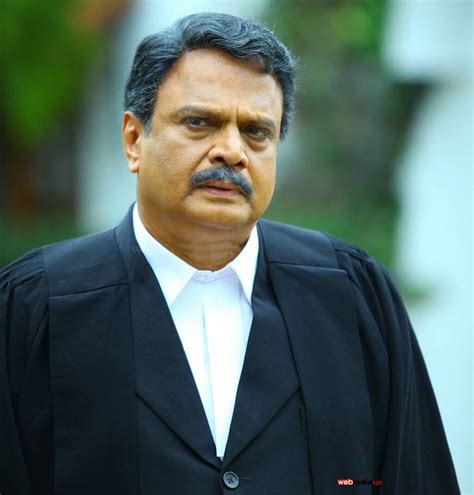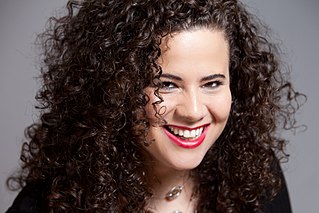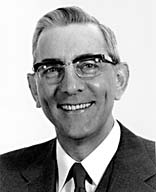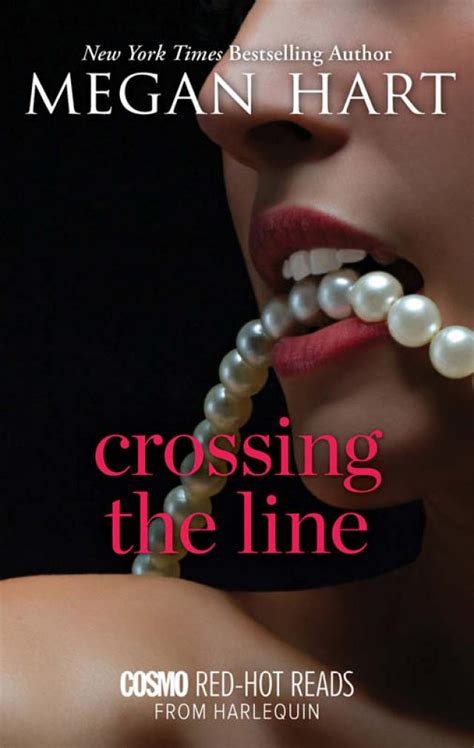A Quote by Debbie Ford
Sometimes we can't see our own selves, our own shortcomings, but it's so easy to see somebody else's.
Related Quotes
I am fond of reminding my yoga students of the saying "It takes one to know one" when they become lost I condemnation and judgment of others. The world that we perceive is a reflection of our own states of mind and reveals our own level of consciousness. The world is little more than a Rorschach blot in which we see our own desire systems projected. We see what we want to see. (116)
I want a future where women and girls get to be the subject of their own sexuality, not the object of somebody else’s. That we are the main characters in our own play, not props in somebody else’s—which is how women’s sexuality is treated now. Whatever the outside attitudes about sexuality it’s always about somebody’s agenda for us, and I want a world where we can have our own.
To be true to ourselves, however, is not an easy task. We must break free of the seductions of society and live life on our own terms, under our own values and aligned with our original dreams. We must tap our hidden selves; explore the deep-seated, unseen hopes, desires, strengths and weaknesses that make us who we are. We must understand where we have been and where we are going.
how wearisom Eternity so spent in worship paid To whom we hate. Let us not then pursue By force impossible, by leave obtain'd Unacceptable, though in Heav'n, our state Of splendid vassalage, but rather seek Our own good from our selves, and from our own Live to our selves, though in this vast recess, Free, and to none accountable, preferring Hard liberty before the easie yoke Of servile Pomp



































